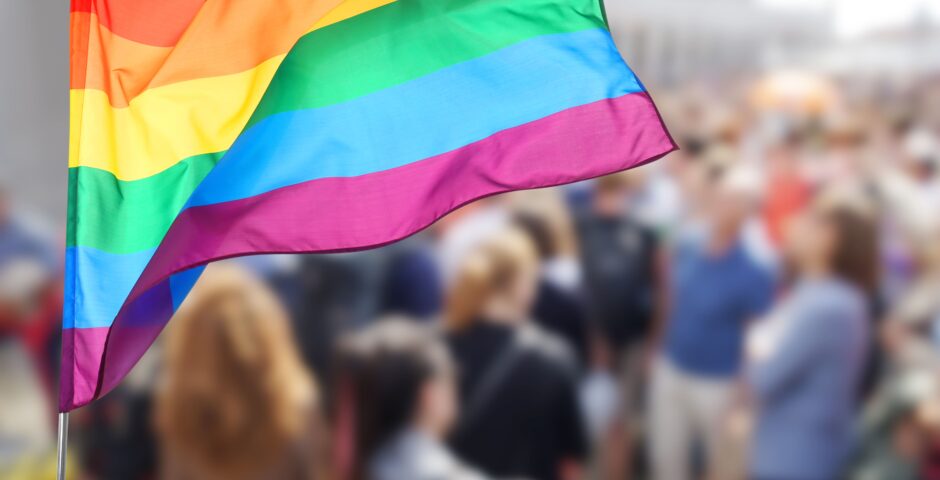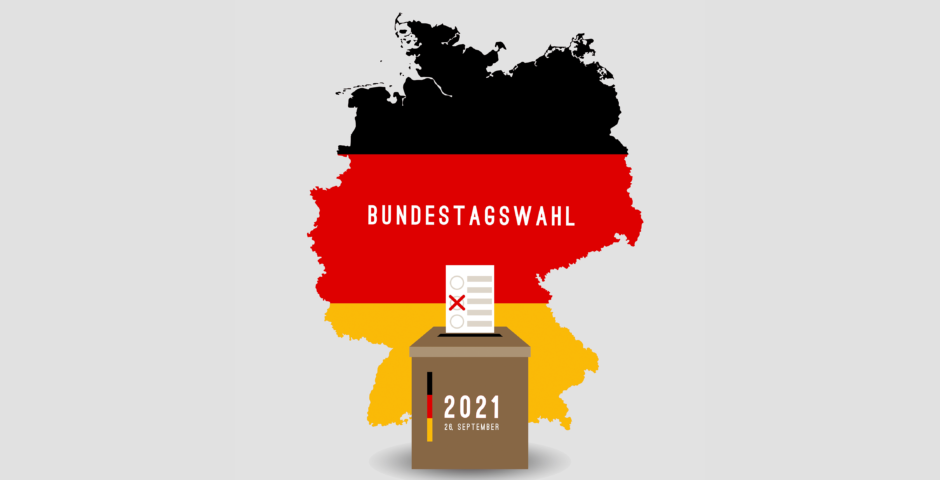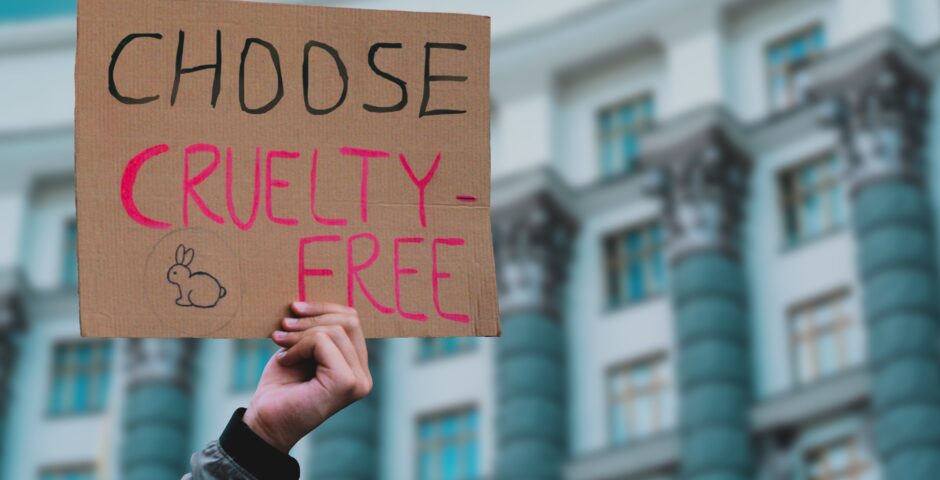‘If you are a parent in one country, you are a parent in every country’: Truth or Fiction in the EU?

Truth or Fiction in the EU?
In September 2020, during the State of the Union address, Ursula von der Leyen said: ‘if you are a parent in one country, you are a parent in every country,’ when announcing the European Commission’s plan to put forward a strategy to strengthen LGBTQI+ rights. Currently, this is far from reality in the European Union, particularly for families where at least one parent identifies as lesbian, gay, bisexual, transgender, queer, or intersex, otherwise known as ‘rainbow families.’ These families often face issues when making use of their freedom of movement rights in the territory of the Union. This does not only affect the parents, but also negatively affects the children of same-sex couples, who often face problems with birth registration and recognition. These issues, in turn, may affect the children’s right to a nationality, as well as their access to EU citizenship.
The Issue of Birth Recognition
The ILGA-Europe Map shows that differences still exist between the EU Member States in offering protection to LGBTQI+ individuals. In several Member States, one of the problems encountered by same-sex couples is that the state may refuse to be recognise them as the joint parents of their children. This means that, although one Member State may recognise children born to a same-sex couple, this may not be the case in another Member State of the EU. Rainbow families are thus often faced with a situation wherein the family they have created in one Member State becomes virtually non-existent when they cross the border into a different Member State.
This problem is present particularly in cases where same-sex couples use surrogacy to conceive a child. Since surrogacy agreements remain largely unregulated in the majority of EU Member States, same-sex couples may choose to go abroad to make use of this option. However, upon returning to the EU, they may not be recognised as that child’s parents.
This issue of non-recognition of children of same-sex couples has recently been brought to the fore in a case before the Court of Justice of the European Union (CJEU). The case V.M.A. v Stolichna Obstinha, Rayon ‘Pancharevo concerns a child born in Spain to a married couple consisting of a Bulgarian mother and a British mother. Spain issued a birth certificate to the child, in which both mothers were recorded as the child’s parents. However, the child could not become a citizen of Spain, since neither mother has been granted Spanish citizenship. Furthermore, the child could not receive British nationality, as her British mother was born in Gibraltar and acquired citizenship by descent. According to the British Nationality Act 1981, a parent who has acquired British nationality by descent cannot pass on their nationality to a child born outside the UK. Since the child could not receive either British or Spanish nationality, the Bulgarian mother applied for the issuance of a Bulgarian birth certificate for the child. However, Bulgarian authorities refused to issue the birth certificate on the grounds that no evidence was provided regardingthe child’s parentage with respect to her biological mother, and that the registration of a birth certificate with two female parents was contrary to public policy since same-sex marriages are not permitted in Bulgaria.
This situation is not an isolated one. Rainbow families have encountered similar problems in other Member States. These occurrences highlight the fact that the laws of some Member States have negative effects on the rights of children of same-sex couples. The refusal to recognise the child as a Bulgarian national due to the fact that the mothers of the child are of the same sex impacts the child’s right to nationality, which is protected by the Convention on the Rights of the Child. It also affects the child’s access to the right to education and health care. Importantly, in the context of the EU, the refusal to recognise a child also impacts the child’s access to EU citizenship and the rights derived from it.
The Way Forward
One way to solve this problem would be to harmonise laws across the EU regarding the recognition of children born to rainbow families. However, this is evidently unrealistic. The EU itself has no competence to harmonise laws in this area. As such, it cannot enact legislation requiring Member States to offer legal recognition to the family ties established between same-sex couples and their children. It is also unlikely that the Member States will decide to offer equivalent protection to children born to same-sex couples on their own in the near future.
A more plausible way to resolve this issue is through a ruling by the CJEU. As mentioned above, the V.M.A. v Stolichna Obstinha, Rayon ‘Pancharevo’ case is currently pending before the CJEU. When deciding this case, the Court could rule that Bulgaria is required to issue the child a birth certificate and identity document referring to both partners as the mothers. This would allow the child to exercise the rights which EU law confers on EU citizens. This would be in line with the Opinion recently issued by the Advocate General of the CJEU. The Court could further decide that this does not affect the national identity of the Member State since it would not oblige it to provide a framework for same-sex marriages, but simply to acknowledge the fact that two same-sex individuals are the parents of an EU citizen child for the purposes of free movement.
Conclusion
What is abundantly clear is that something must be done about the issue of recognising same-sex parents and their children. Even if they do not yet provide frameworks for same-sex marriage, Member States should at least ensure that they provide a framework for registering and recognising children of same-sex relationships and ensuring that these children can access EU citizenship status and make use of their free movement rights. In this way, the idea that ‘if you are a parent in one country, you are a parent in every country’ may become a reality across the EU.
Daria Stănculescu has obtained a degree in European Studies and is currently pursuing a master’s degree in International and European Law at the University of Amsterdam.
Image: Shutterstock




